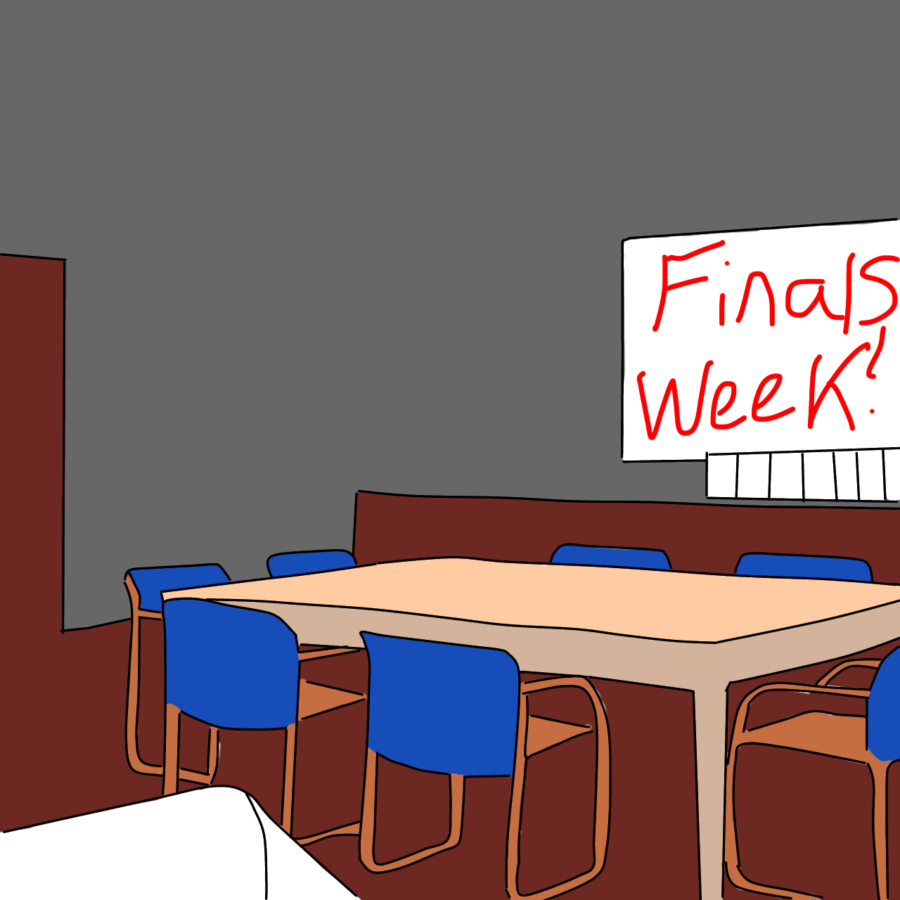Venice Students and Teachers Prepare For Finals Week
December 13, 2021
As the end of the semester approaches, many students understand the commotion of this infamous time of the year—finals week. It marks the days of horror and terror and glee and relief for those who are speeding towards the academic finish line.
Although taking a break from school before January may be a priority, the question is, how will finals work for both students and teachers this school year?
After a year of online learning, most of Venice High is feeling the reality sink in.
“I have very mixed opinions on final exams, but even after the year of online school, I believe exams will always be a part of our academic performance,” senior Dezaray Salcido said.
For Salcido, senior year stamps the seal of maximum preparation for college, and while she believes these excruciating exams help with the process, the disadvantages come with great effects for high schoolers.
“College exams are like, three hours from what I’ve heard. Even though it’s a little stressful to know that, that’s what high school classes and exams are for, to help us prepare for college,” she said.
“But at the same time, I don’t like the idea of staying up all night studying for an exam that will determine half of my grade,” she said.
The majority of students feel similarly regarding the expectation that one is to collect all their knowledge from weeks past and be able to show understanding. But many students can be conflicted by that standard, as last year’s situation with online learning changed the route for education.
Senior Patricia Santiago relates to this sentiment.
“I am against having exams after this past year, because it is difficult to adjust back to in-person learning since online learning was completely different.”
Due to the circumstances of online learning, Santiago recalls having most of her teachers exempt the old-fashioned question and answer, and instead replaced the tests with projects, such as presentations, to still assess the students’ comprehension of the material.
“A lot of my teachers understood that students were struggling in classes and having a hard time adjusting,” she said. “Many didn’t want to stress us out more, so a lot of my finals were more of a project,” she said.
Furthermore, since the method has become ever so popular, a handful of teachers are still continuing and incorporating it for this year’s finals even after the pandemic.
“You know, we call them assessments now instead of tests, but it’s the same thing,” said history teacher Drake Witham. “We’re assessing what students know, by having them show us rather than just go through and check A, B, C or D on an exam.
“There’s a difference between knowing and remembering material, and as far as we know, finals are shifting. We’re realizing that the way we learn is shifting, and it’ll shift again.”
However, other educators adopt a more traditional final, like science teacher Jennie Jackson.
“My finals will include questions on what the main points have been in the past semester, and that is because I want students to reflect and gain the studying needed for college,” she said.
Jackson believes that rather than preparing students for college with projects, there needs to be discipline.
“College is very different from high school,” she said. “If colleges were to change the way they assess students, then I would too,” she said.


